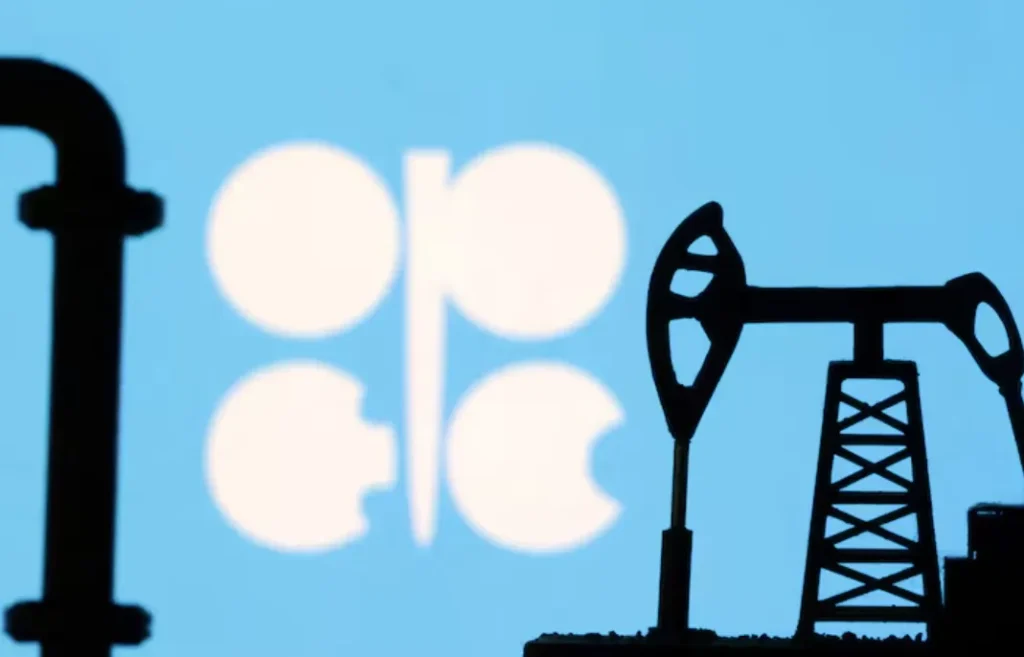Oil prices rose around 1% on Wednesday, as the market drew some strength from the possibility of trade talks between China and the United States and a report that Iraq will cut oil production in April.
Brent crude futures rose 70 cents, or 1.08%, to $65.37 a barrel by 1311 GMT while US West Texas Intermediate crude was also up 70 cents, or 1.14%, at $62.03.
Prices rose after a Bloomberg report quoted an anonymous source as saying that China wants more respect from the Trump administration before it will agree to talks, analysts said.
The source was also quoted as saying China wanted the US to appoint a new primary contact in future talks.
“A de-escalation of the trade war between the US and China would reduce the downside in economic growth prospects and limit the downside for oil demand growth,” said UBS analyst Giovanni Staunovo.
Adding to bullish sentiment in the oil market on Wednesday, Iraq aims to cut April output by 70,000 barrels per day in April in the face of pressure to meet its OPEC+ targets, Bloomberg reported.
Price gains, however, were limited by expectations from the International Energy Agency on Tuesday that global oil demand will grow at its slowest for five years in 2025.
The World Trade Organization sharply cut its forecast for global merchandise trade on Wednesday, adding that US tariffs could bring about the heaviest slump since the height of the COVID pandemic.
Concerns over Trump’s escalating tariffs, combined with rising output from the OPEC+ group comprising OPEC and allies such as Russia, have dragged oil prices down by about 13% this month.
The uncertainty surrounding trade tensions has led several banks, including UBS, BNP Paribas and HSBC, to cut their crude price forecasts.
Trump has ratcheted up tariffs on Chinese goods, prompting Beijing to impose retaliatory duties on US imports in an intensifying trade war between the world’s two biggest economies.
Data on Wednesday showed China’s gross domestic product (GDP) grew 5.4% year-on-year in the first quarter, beating the 5.1% expected in a Reuters poll.
“The better than expected performance was precipitated by exporters front-loading shipments ahead of the implementation of US excise duties on Chinese goods and, in all probability, will not be repeated for the rest of the year as the two biggest economies in the world are doing their best to decouple,” said PVM Oil analyst Tamas Varga.



